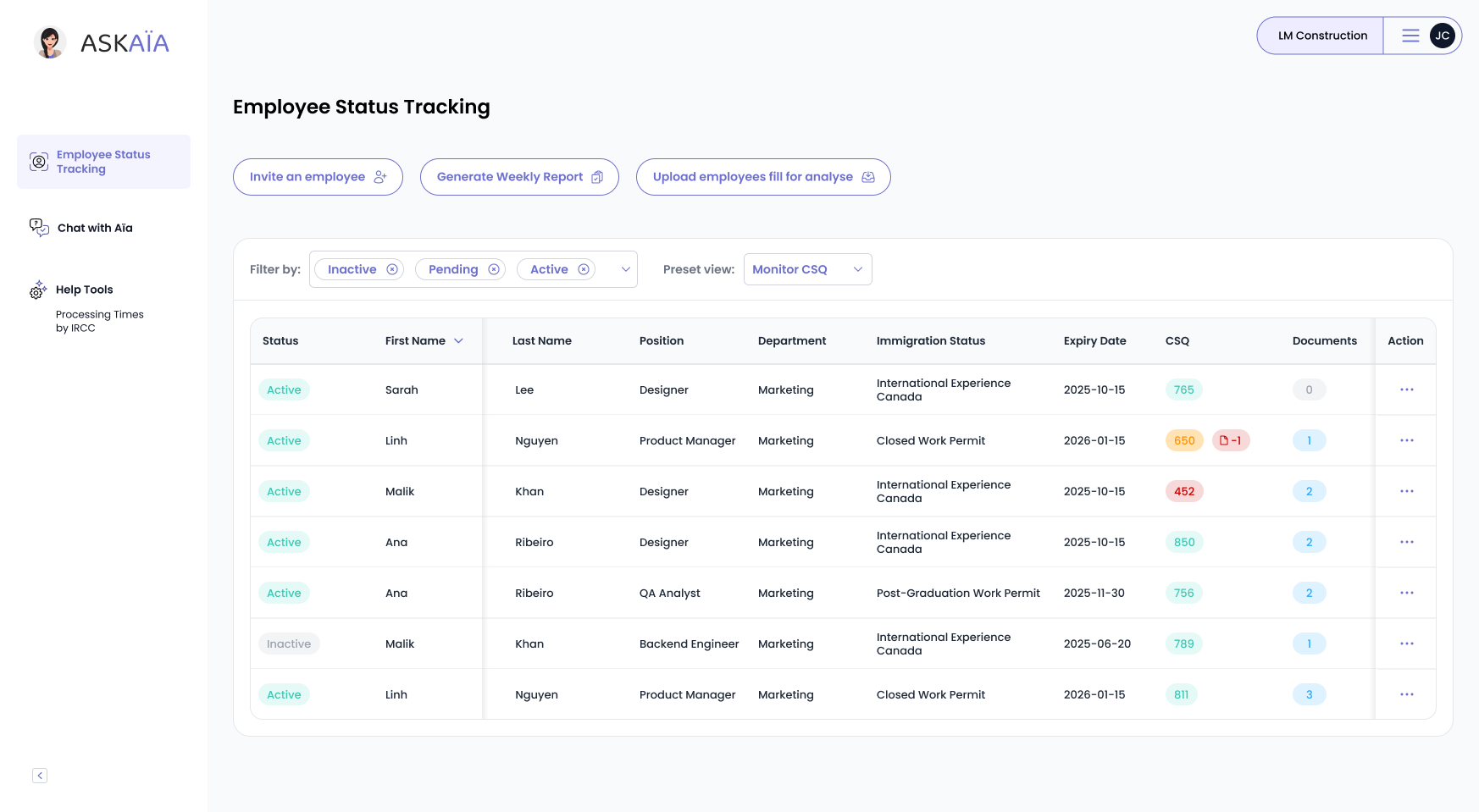At a Glance
- Canada postponed the removal of 178 study programs from PGWP eligibility to early 2026.
- This gives students extra time to graduate and apply for their Post-Graduation Work Permit (PGWP).
- Act quickly to secure your status and plan your pathway to permanent residence.
Canada has postponed the removal of 178 study programs from PGWP eligibility, granting international students crucial extra time. This extension shifts the deadline to early 2026, easing widespread concerns.
In this article, you will discover what the delay means for your study and immigration plans, how it impacts work permits, and what steps to take now to secure your future in Canada.
Context: Postponement of PGWP Eligibility Changes
On July 5, 2025, Immigration, Refugees and Citizenship Canada (IRCC) confirmed that the planned removal of 178 study programs from Post-Graduation Work Permit eligibility, initially set for September, will now take effect in early 2026. Officials explained that the extension allows more time to consult with institutions and ensure current students are not unfairly disadvantaged.
For a complete list of the 178 affected programs, visit the official IRCC resource: List of Affected Programs.
Implications for Immigrants: Protecting Your Work Permit Path
This delay is vital for thousands of international students enrolled in affected programs. Graduating before the new deadline means you can still apply for a PGWP, a critical document granting up to three years of open work authorization in Canada. The PGWP often serves as the first step toward permanent residence through pathways like the Canadian Experience Class. Missing the deadline could disrupt career plans and lead to the loss of status.
Impact on Policies: Canada’s Commitment to Quality
Although this extension offers relief, Canada remains committed to limiting PGWP access to programs that meet higher standards. The policy aligns with earlier measures targeting private colleges and less-regulated partnerships. Future restrictions are expected, underscoring the government’s goal to maintain program integrity and protect the labour market. Institutions must now adapt communications and advise students transparently.
Recommendations: Steps to Secure Your Future
- If you are in an affected program, plan to complete your studies before early 2026 to remain eligible.
- Apply for your PGWP immediately upon graduation, as processing times may increase due to anticipated application surges.
- Consult an accredited immigration professional to explore alternatives, such as employer-specific work permits or transitioning to eligible programs.
- Employers should prepare for potential delays in hiring and update onboarding timelines accordingly.
Not sure how these changes affect you? Take a free assessment with AskAïa to explore your best immigration options and ensure you stay on track.

Let’s get your demo started
Book a demo
You May Also Like
These Related Stories

Top Compliance Risks in Key Canadian Industries
Compliance failures don’t look the same in every sector. From trucking fleets to healthcare providers, each industry faces unique vulnerabilities that …

Why Employers End Up on Canada’s Non-Compliance List
Every year, dozens of Canadian employers find themselves publicly listed as non-compliant with the Temporary Foreign Worker Program (TFWP) or the Inte …

New Express Entry Stream for Teachers Launches in Canada
Canada just invited 1,000 educators—and it’s only the beginning. On May 1, 2025, IRCC launched its first category-based draw for education professiona …
